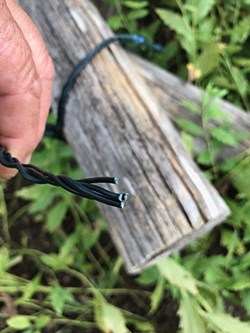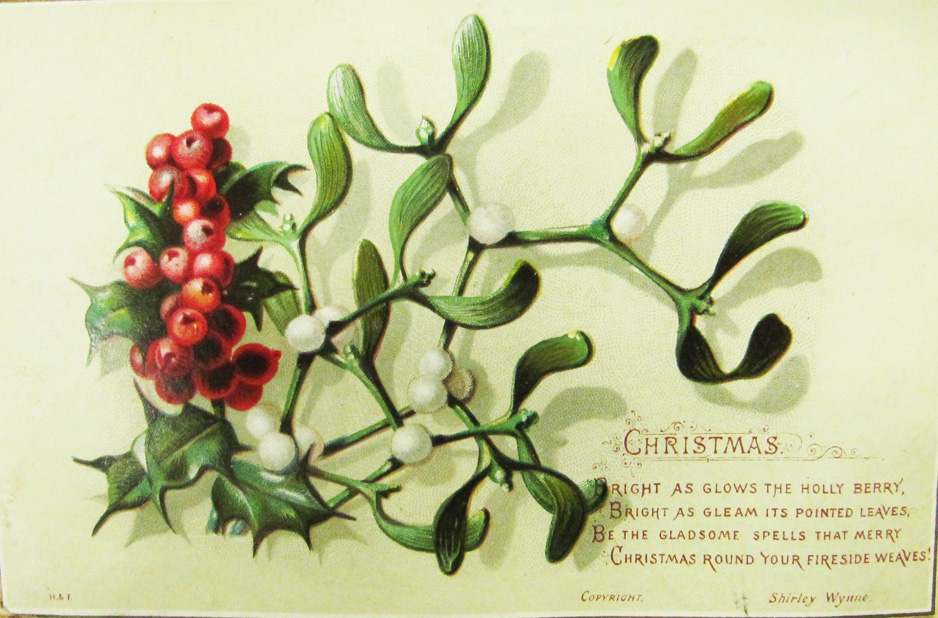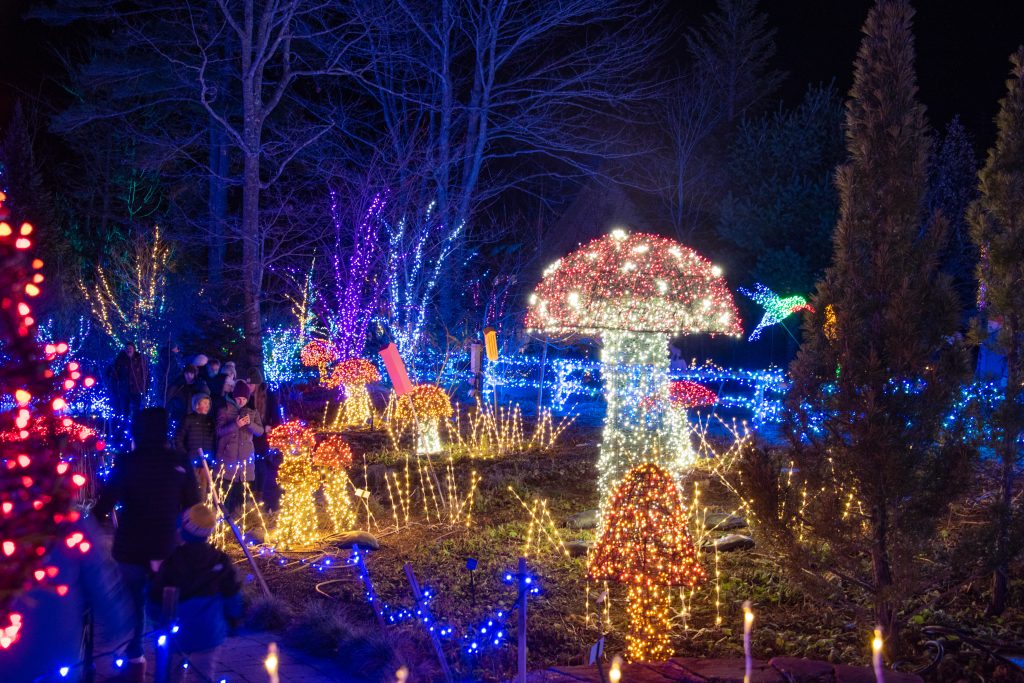Squirrels are no strangers to us here at the Gardens. At any given moment, you can hear them chattering from the nearby woods or dashing across your path. We couldn’t give you an exact count, but our horticulturists estimate their numbers to be in the billions.
Okay. That might be an exaggeration.
Of course, few predators coupled with plenty of water, trees, acorns, and in the spring, tulip bulbs make CMBG the perfect place for squirrels to take up residence.
So why, with all this natural abundance, do they feel the need to feast on the lights we’ve so painstakingly hung for Gardens Aglow?
What we do know is that we’re not the only light show with this issue. Boston faces the perennial problem of squirrels causing outages in the holiday lights strung on the Boston Common, ditto Toronto and the light show mounted at Mel Lastman Square. The Cincinnati Zoo and Botanical Garden, when faced with outages during their annual Festival of Lights, doused strands with hot sauce, hoping to repel the insatiable rodents from destroying the two million lights strung for the festival.
But according to a reporter for the Cincinnati Enquirer, the plan made little difference. “It seems,” he wrote, “the squirrels may like their cords with a little hot sauce.”
 So why the interest in our lights? For one, squirrels are naturally curious and, apparently, they like the taste of copper. Another theory is that they like the taste of the soy-based plastics covering the wires. Of course, the connectors we use between strands look vaguely like acorns, and this is the time of year squirrels are programmed to collect as much food as possible.
So why the interest in our lights? For one, squirrels are naturally curious and, apparently, they like the taste of copper. Another theory is that they like the taste of the soy-based plastics covering the wires. Of course, the connectors we use between strands look vaguely like acorns, and this is the time of year squirrels are programmed to collect as much food as possible.
True, too, that a rodent’s teeth grow continuously, and they love chewing wires, indulging their instinct to gnaw, keeping their teeth trimmed. In fact, according to the website, CyberSquirrel1, which monitors such things, squirrels have knocked out the power grid in various parts of the world over 850 times since 1987.
Regardless, any homeowner will tell you not only how ubiquitous, but how very determined squirrels are. We’ll never beat them, but perhaps we can deter them. Some experts advise applying chemical repellants like cayenne, mustard oil, soap, citrus peel, garlic, or predator urine. Some people report motion-activated sprinkler systems are the answer, although a Maine winter is probably not the best time to try that strategy.
The only solution seeming to have any lasting effect is humane relocation of problematic squirrel populations. Of course, with a population numbering a billion (or so), that option might keep us too busy to do anything else. Our horticulturists, instead, will try a spicy bouquet of natural deterrents and see how we go. Perhaps our squirrels have milder tastes than those city squirrels from Cincinnati…

